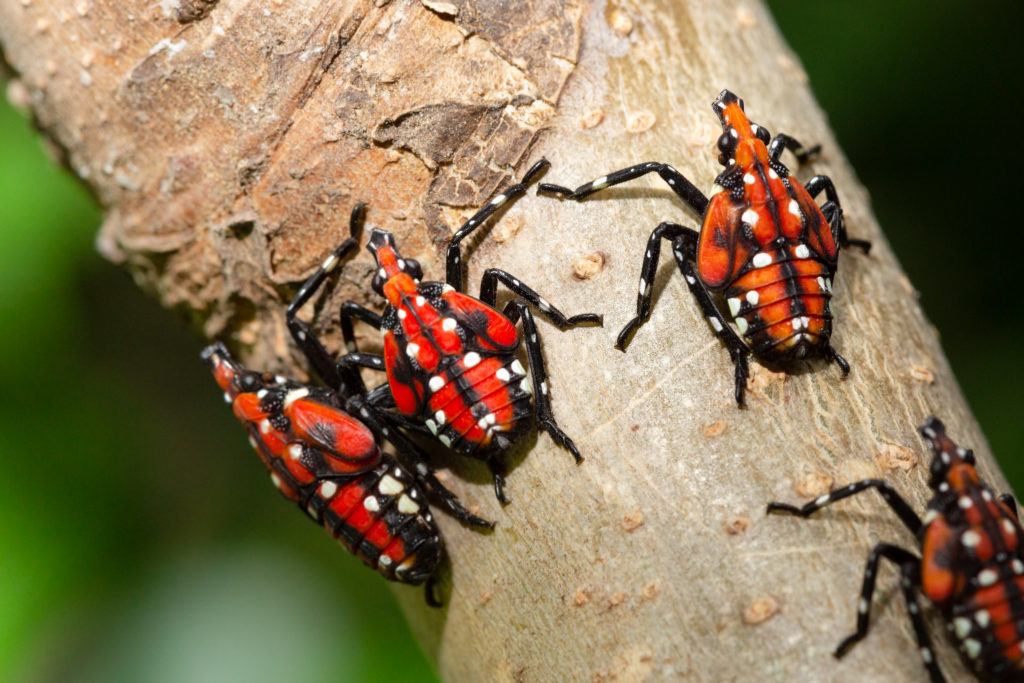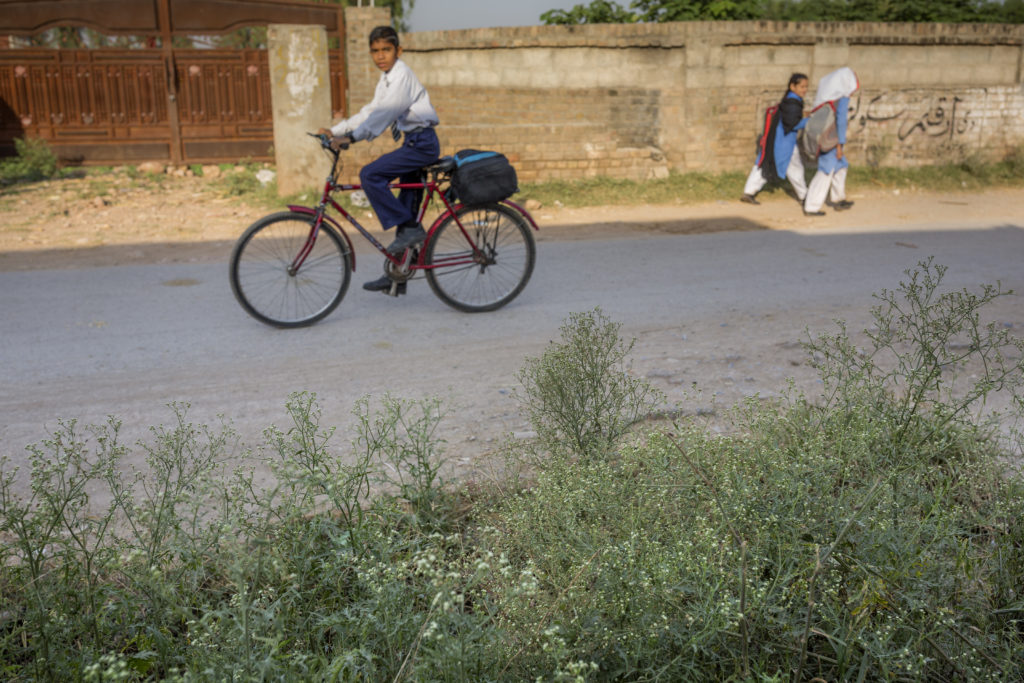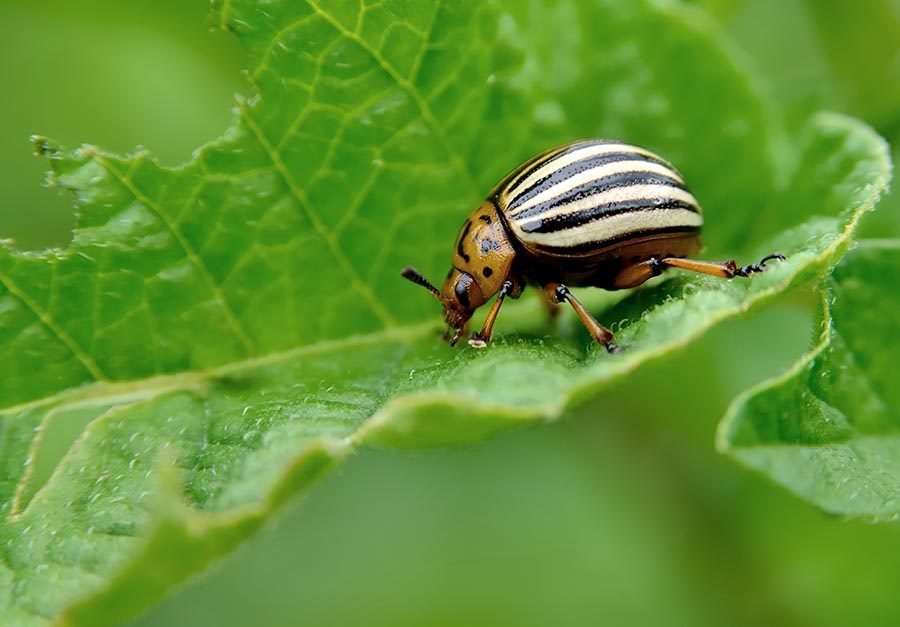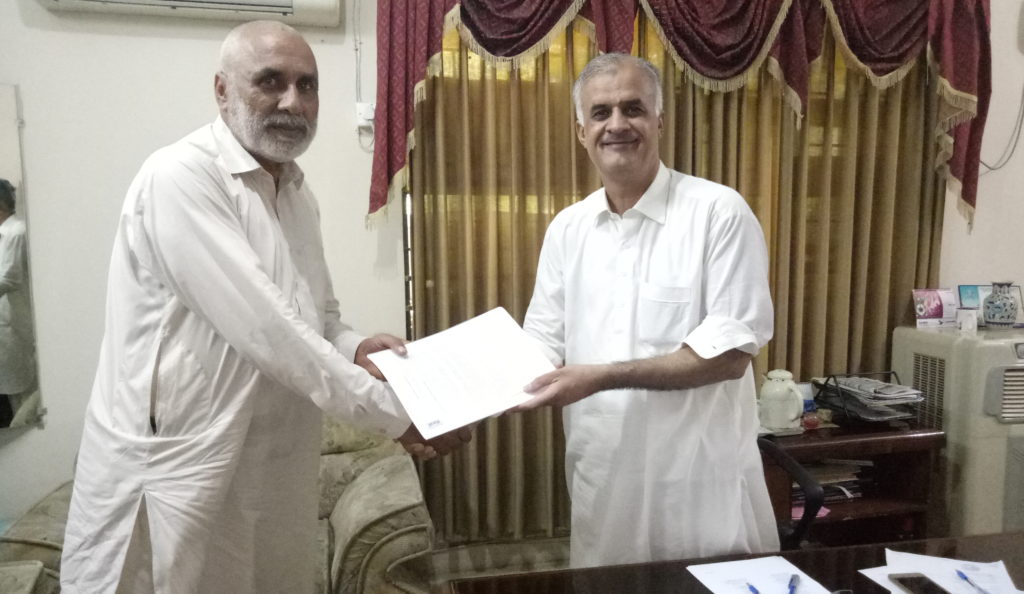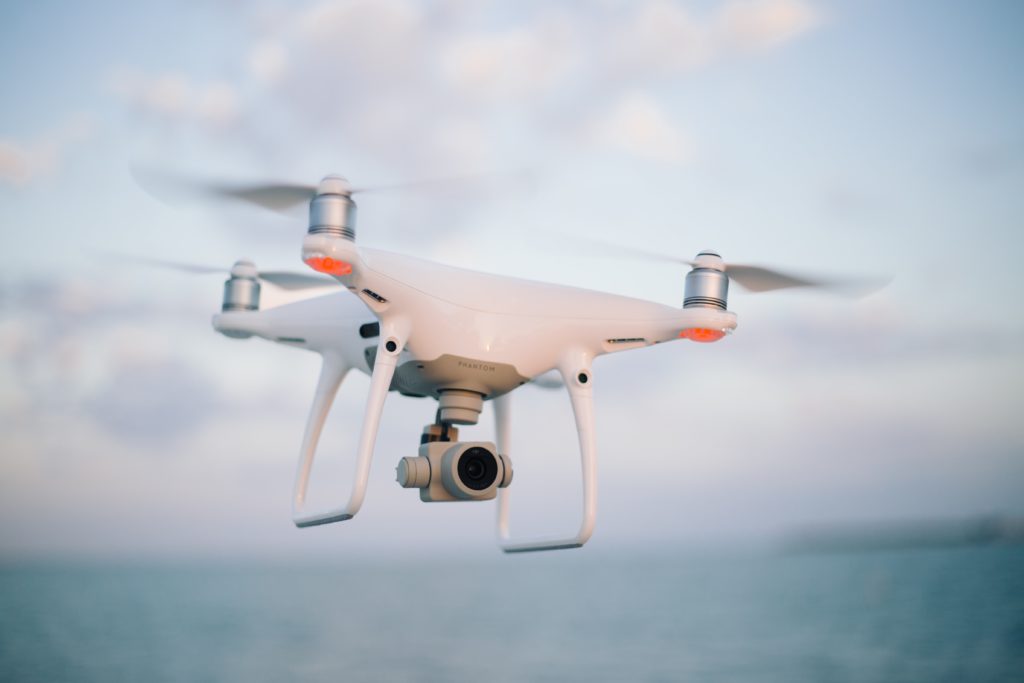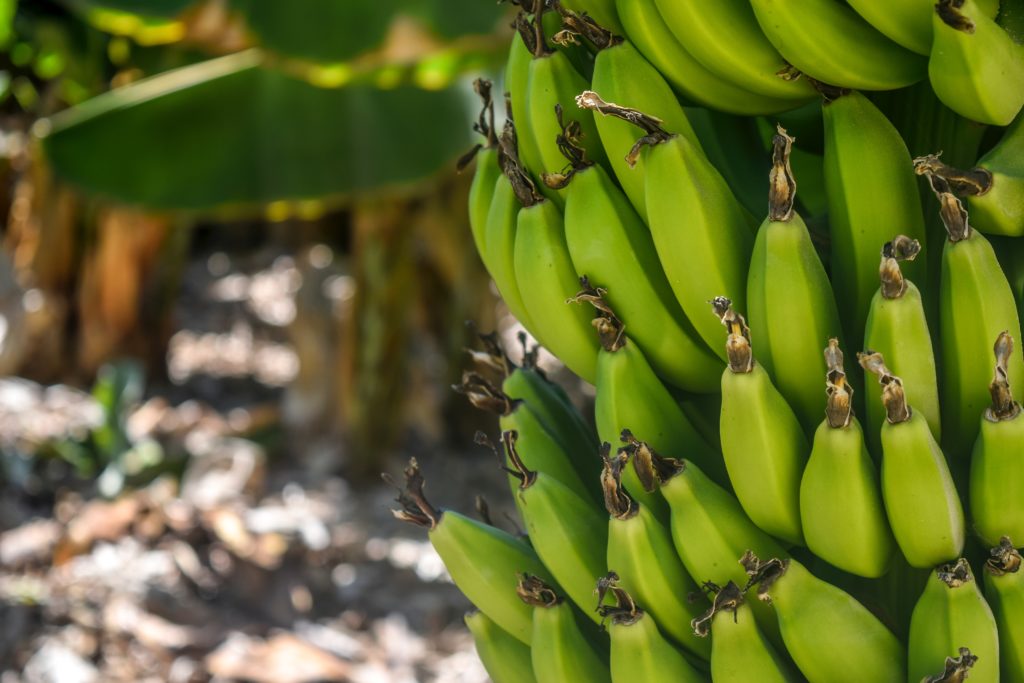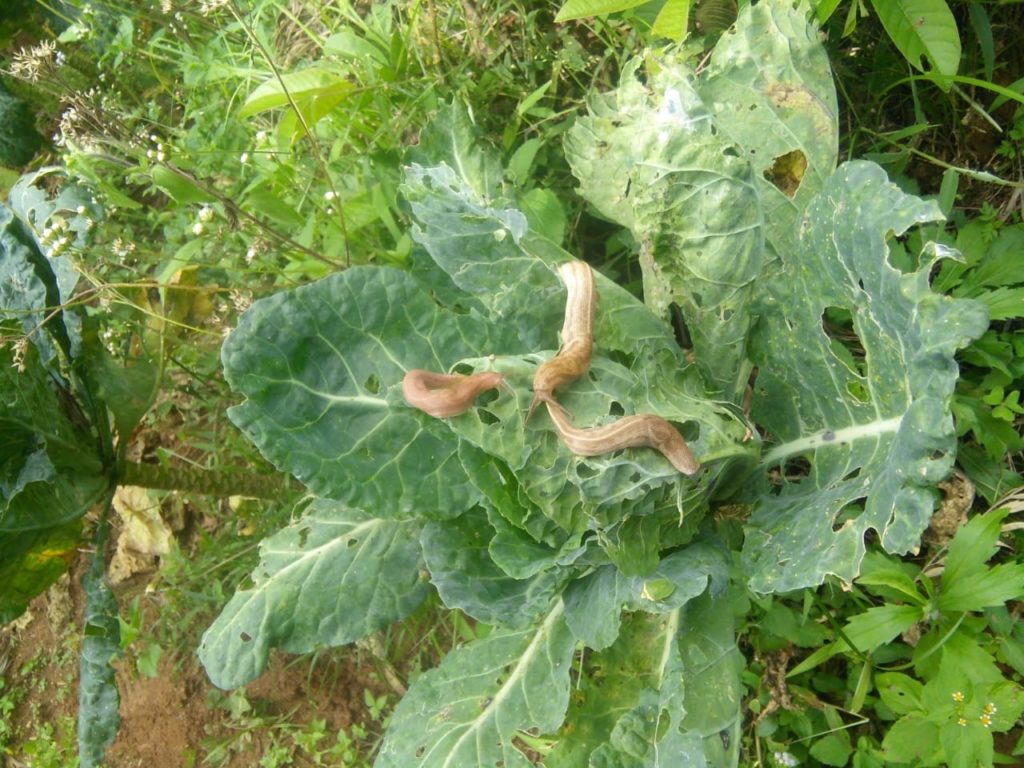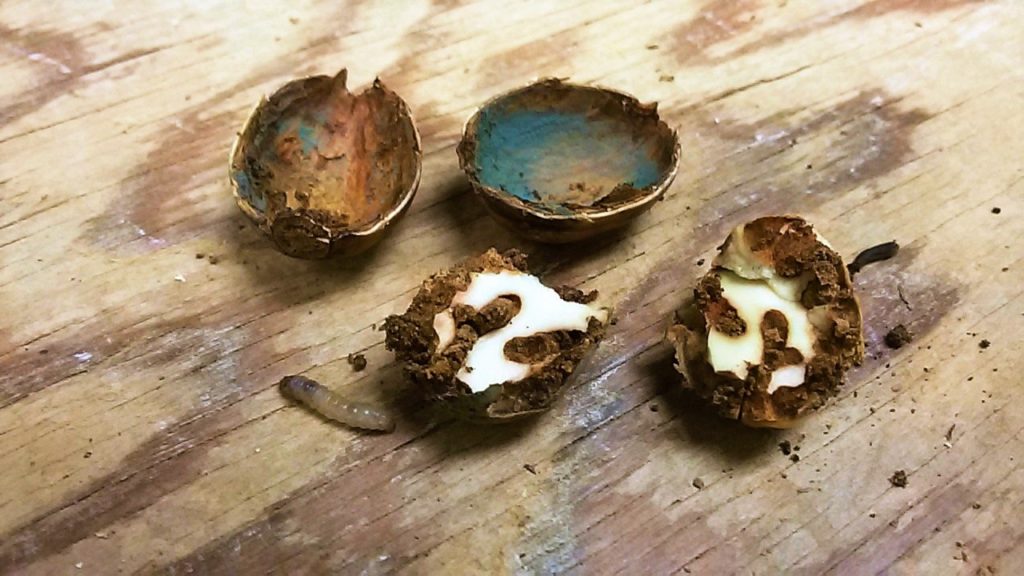Predicting the spread of invasive spotted lanternfly
The spotted lanternfly (Lycorma delicatula) is an emerging insect pest of a number of economically important crop plants. Originating from China, its primary host plant is tree of heaven (Ailanthus altissima), which is itself considered to be a noxious invasive species in some areas of the United States.
CABI partners with local universities to engage youth on parthenium weed in Pakistan
CABI recently organized a two-day training and planning workshop for its university partners on “Awareness and Management of Parthenium” in Islamabad. The workshop was attended by key stakeholders and post-graduate students of partner universities such as the University of Agriculture, Faisalabad, PMAS-Arid Agriculture University, Rawalpindi and University of Sargodha.
A Plague of Cactus
By Susan Moran. Reblogged from bioGraphic. Across Kenya’s wildlife-rich Laikipia Plateau, a thorny enemy is advancing. But a tiny sap-sucking insect may help save the region’s animals and people. Before the sun has peeked above the horizon, Philip Nangoo Larpei, a Maasai elder in his 60s or 70s (he hasn’t kept track), is already outside checking…
Training of Trainers on awareness and management of Parthenium in Pakistan
As one of its key priorities, CABI under the Action on Invasives programme aims to raise awareness about the threat of invasive species with the relevant government departments in Pakistan. In particular to address the issue of the highly invasive Parthenium weed. Through public awareness campaigns and sharing invasive management advice for better control practices,…
National emergency declared as Colombia confirms the presence of TR4 banana disease
The global banana industry is facing a new major threat. On the 8th August, the Colombian Agricultural Institute announced that it has confirmed the presence of a strain of Fusarium oxysporum f.sp. cubense, known as Tropical Race 4 (TR4) in the northern region of the country. Since then the Colombian government has issued a national…
Potential Slug Invasions and their Impact on UK Biosecurity (Part 2)
By Dr Jenna Ross Guest writer, Dr Jenna Ross, from Crop Health and Protection (CHAP), joins us for the second of her two-part special series (read part 1) on the outputs of her prestigious Nuffield Farming Scholarship. Jenna spent 26 weeks travelling the world studying all aspects of slug invasions and slug control, and in…
Traded forest tree seeds pose a great risk of introducing harmful pest, new research shows
CABI has led an international team of scientists who strongly suggest that the global trade of forest tree seeds is not as safe as previously believed, with insect pests and fungal pathogens posing a great risk to trees and forest ecosystems worldwide. Non-native insect pests and fungal pathogens present one of the major threats to…

